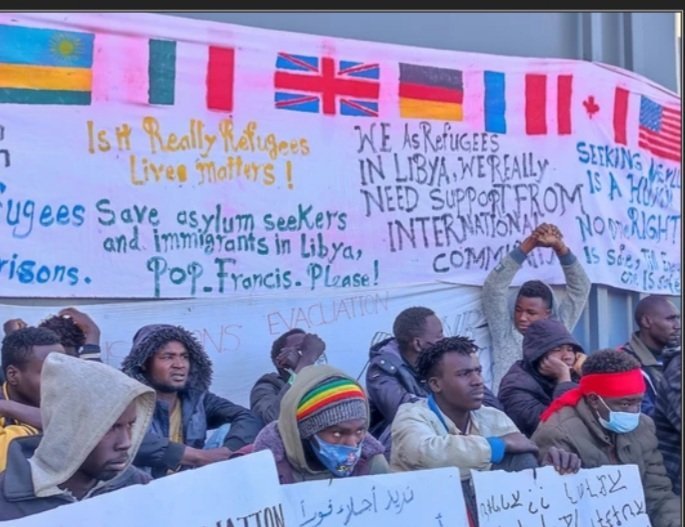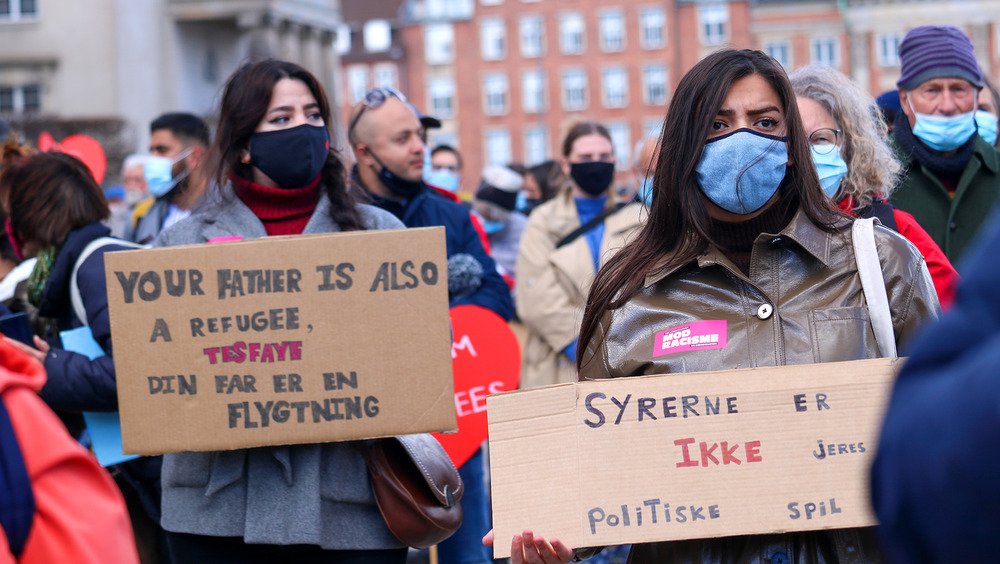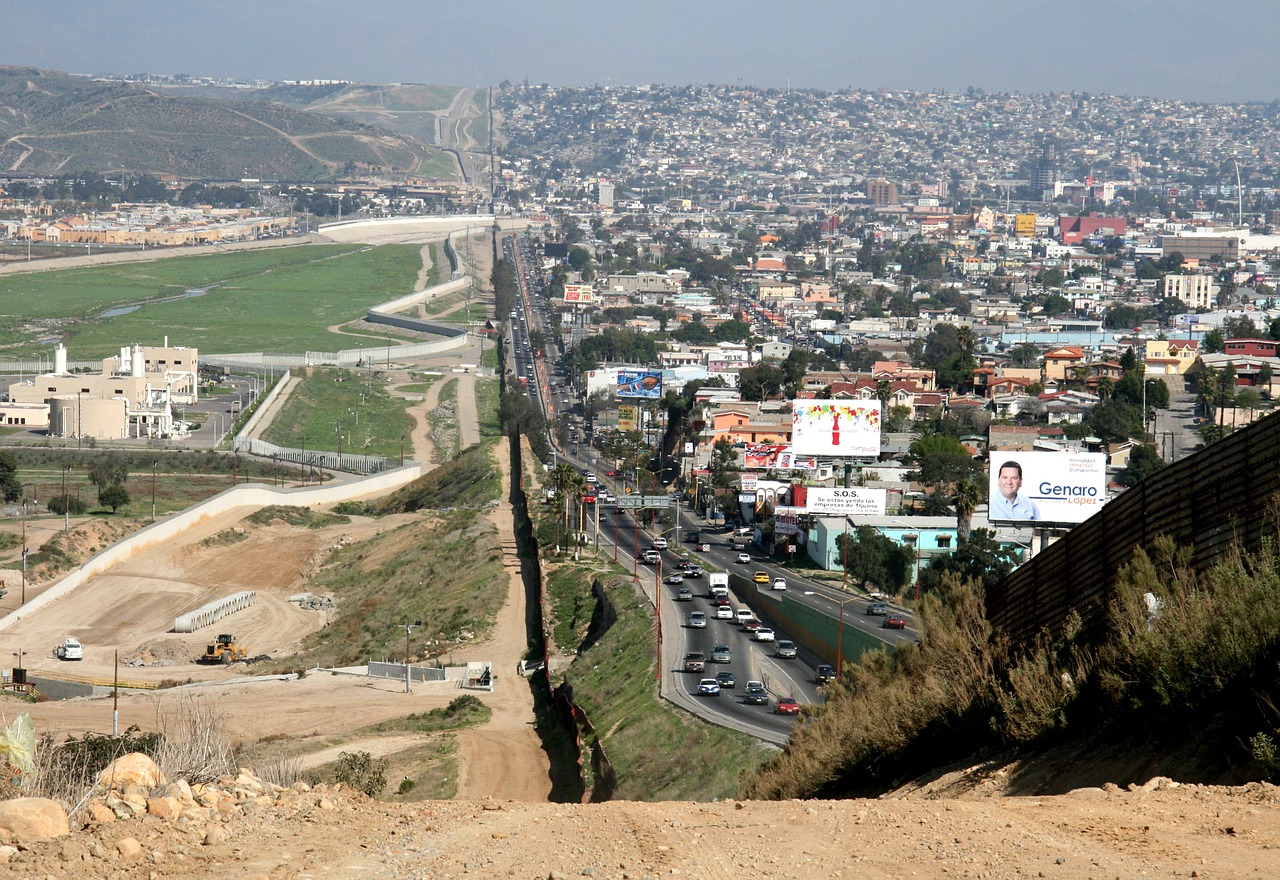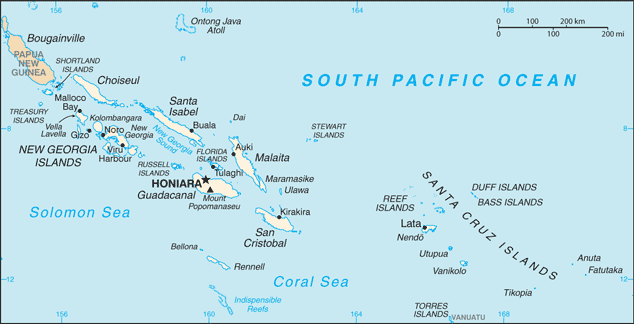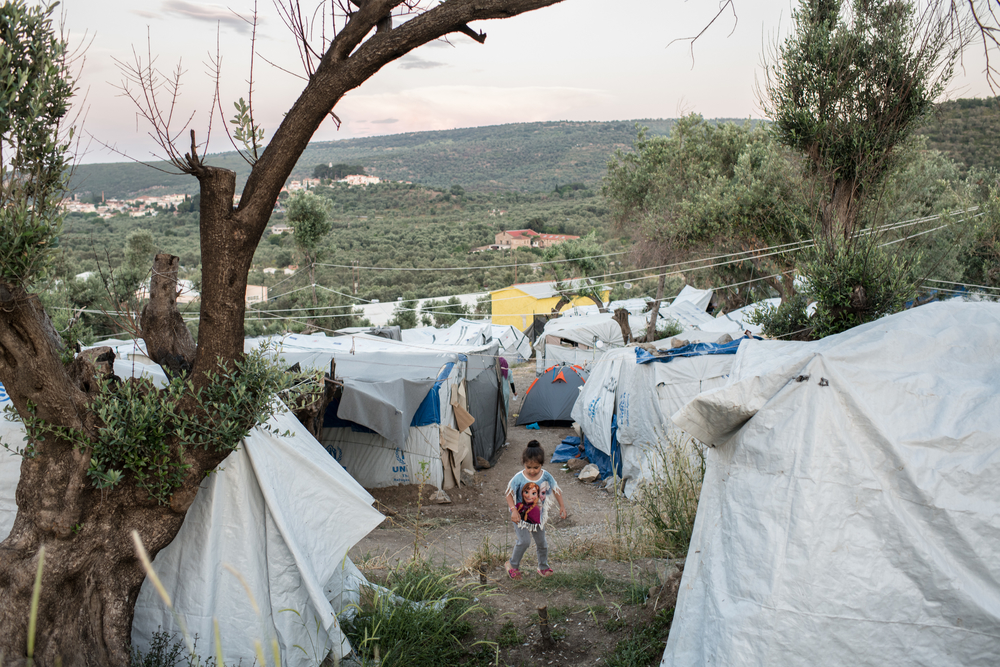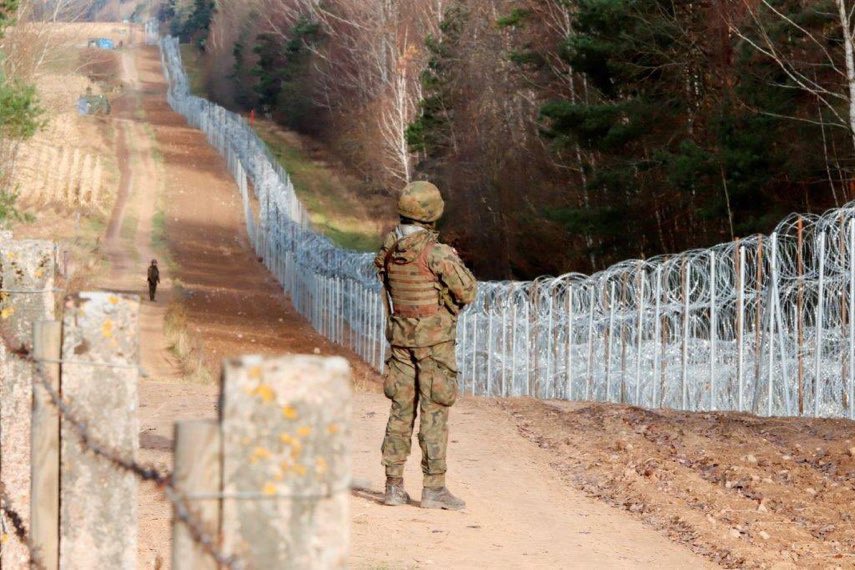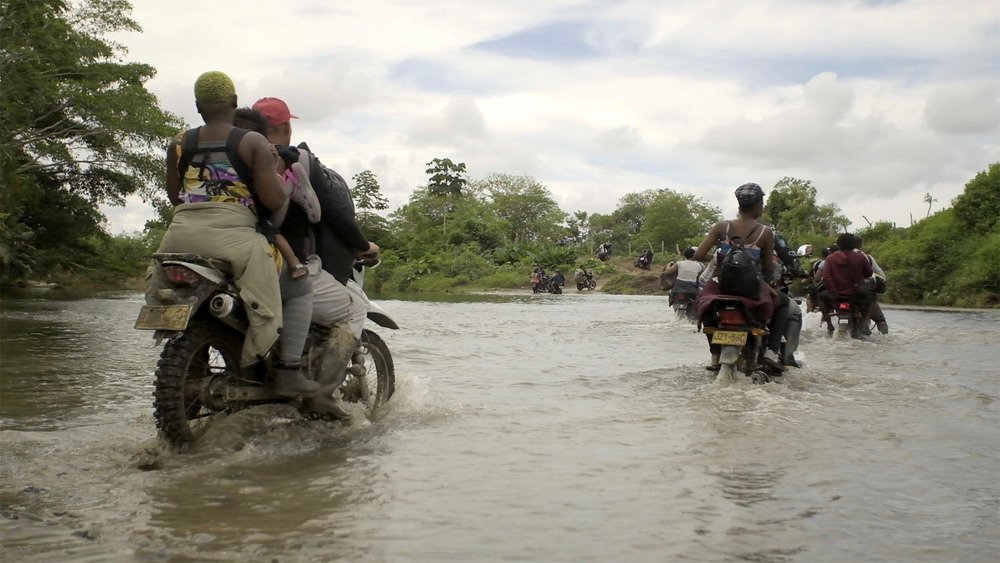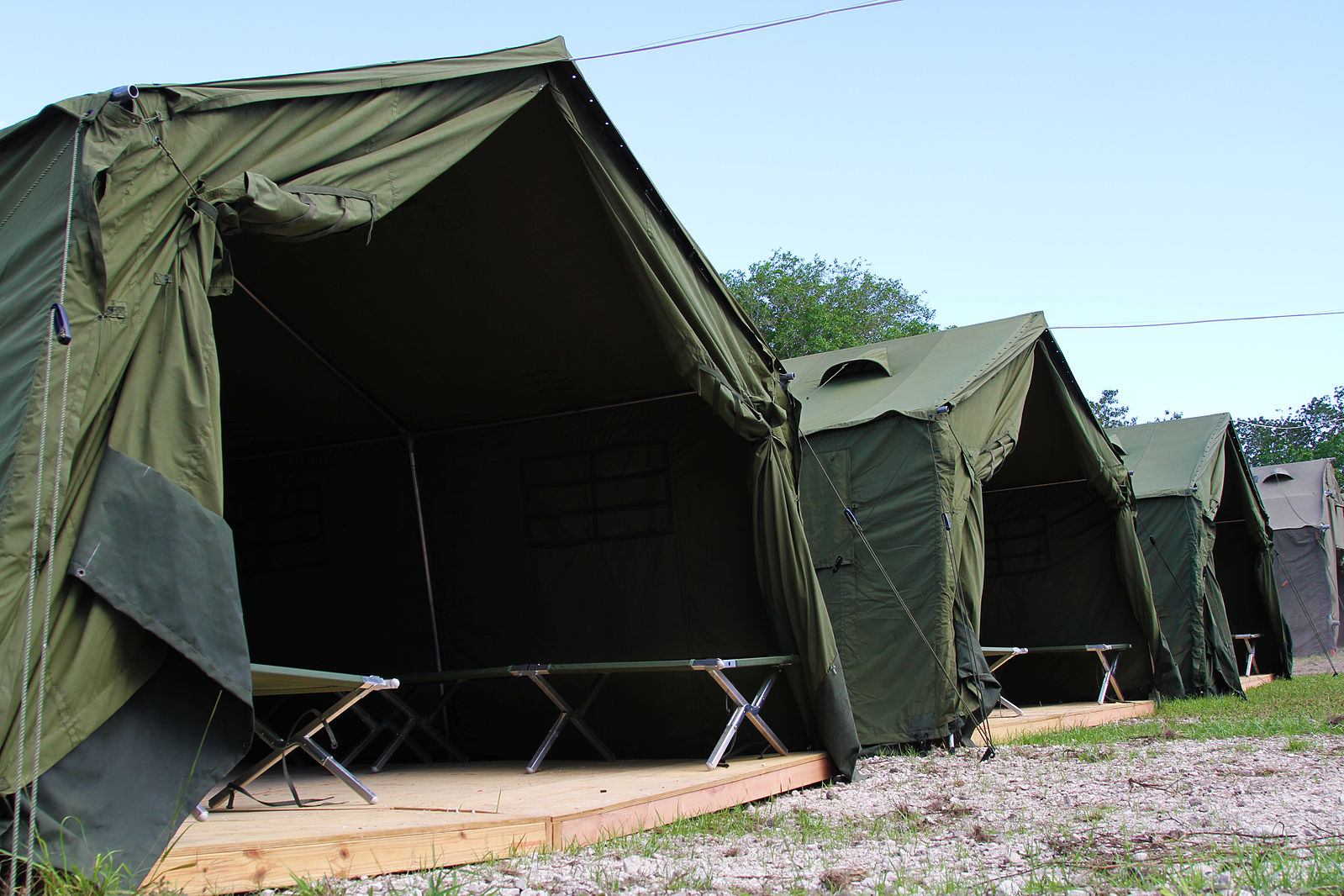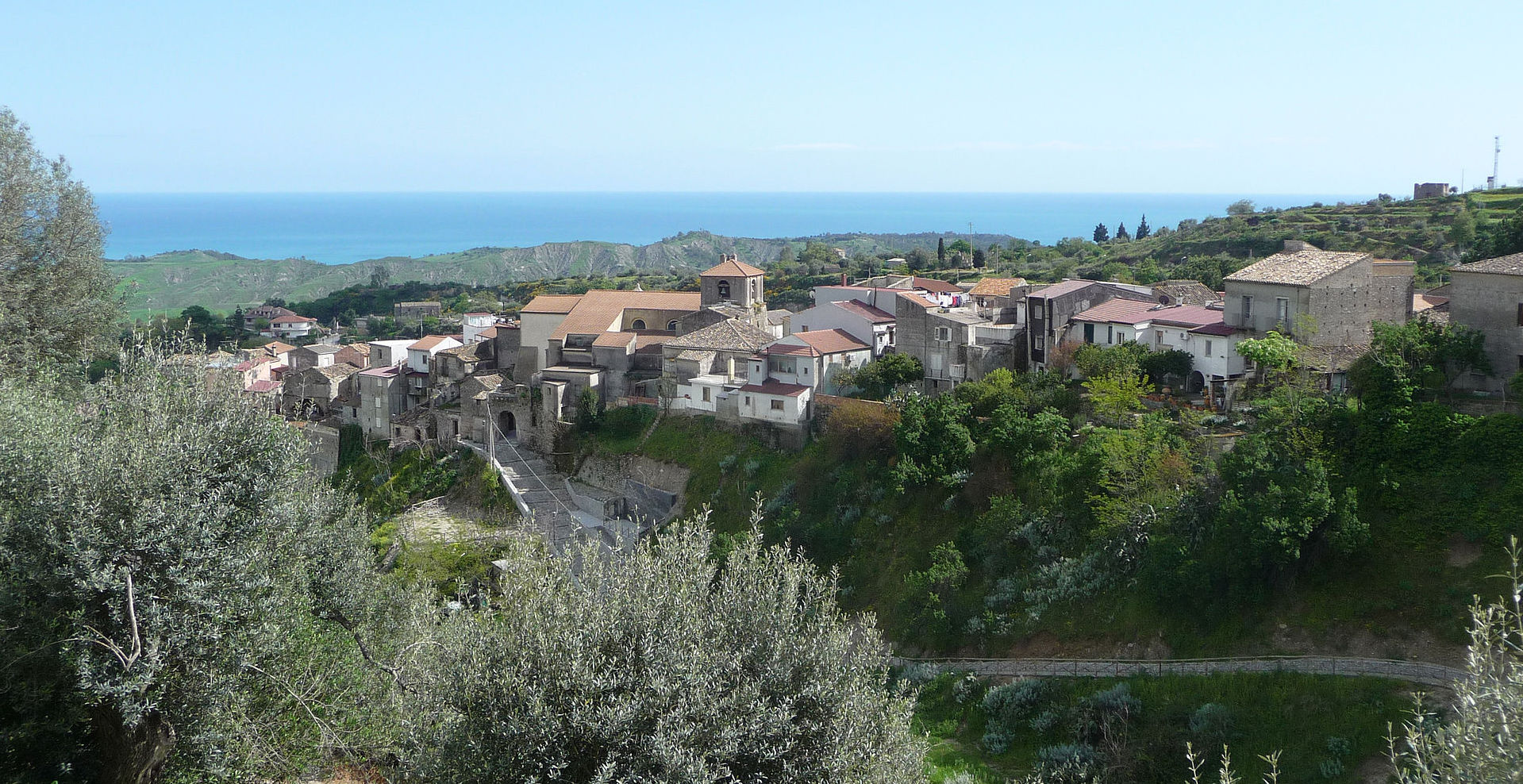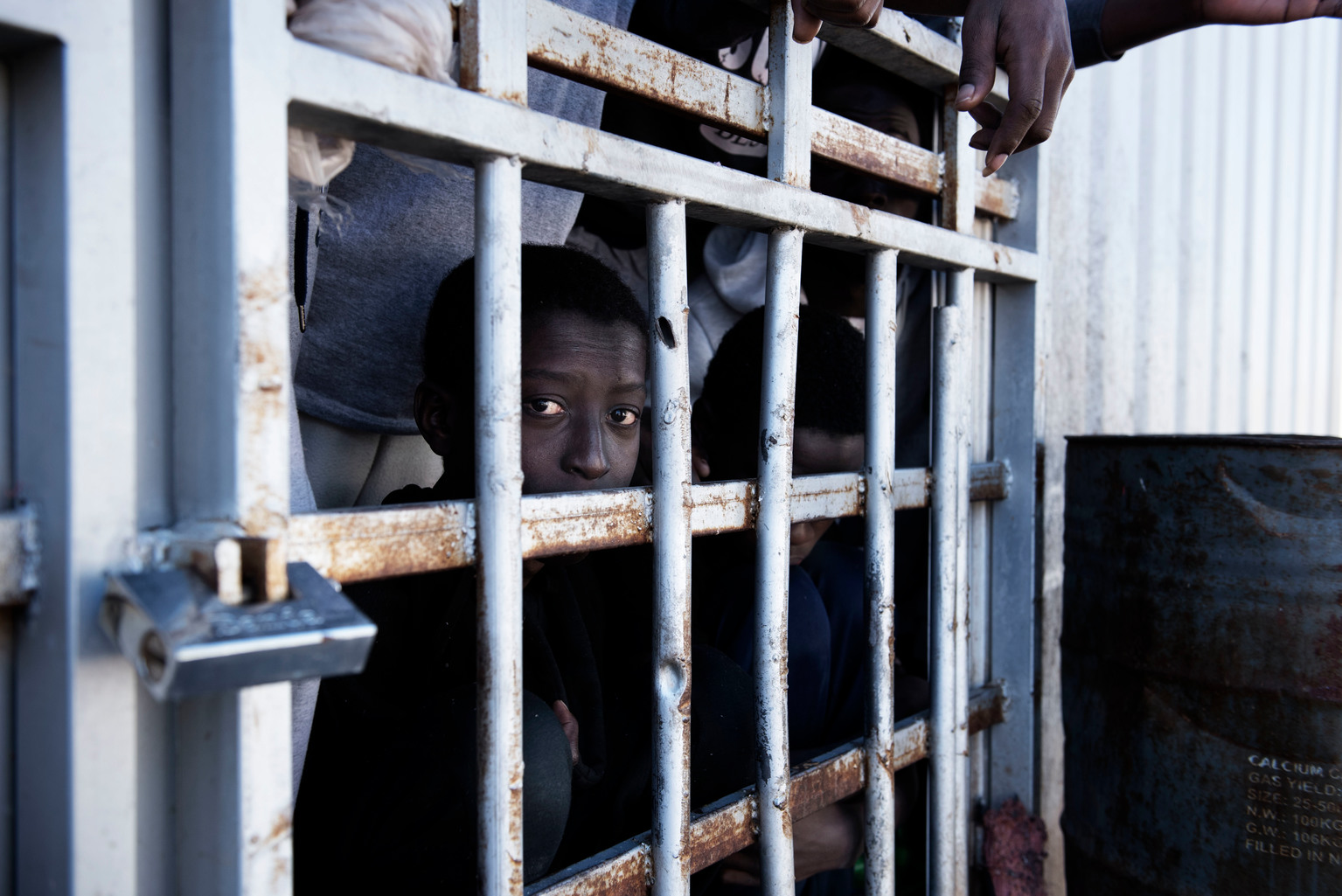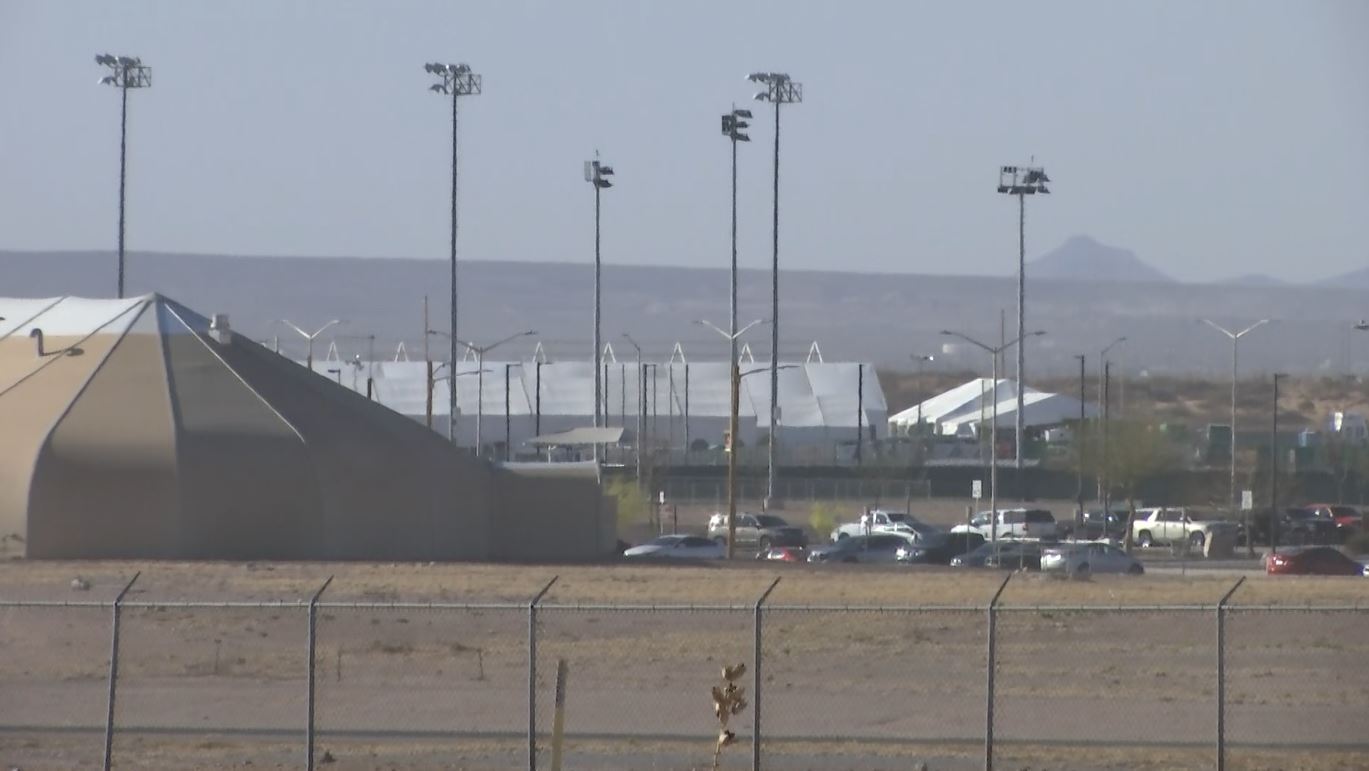
SCOTUS hears cases on indefinite migrant detention
The US Supreme Court heard oral arguments for two immigration cases that address the right of detained non-citizens to have a bond hearing after six months of detention. Both cases were brought by asylum-seekers who had been detained for extended periods without bond hearings following the issuance of a removal order. The cases re-examine the 2001 Zadvydas v. Davis, in which the Supreme Court ruled that pre-removal detention may not be extended beyond six months unless there is a realistic chance that the non-citizen could be removed. The US Constitution forbids imprisonment without due process of law and guarantees the right of habeas corpus. (Photo via Border Report)



